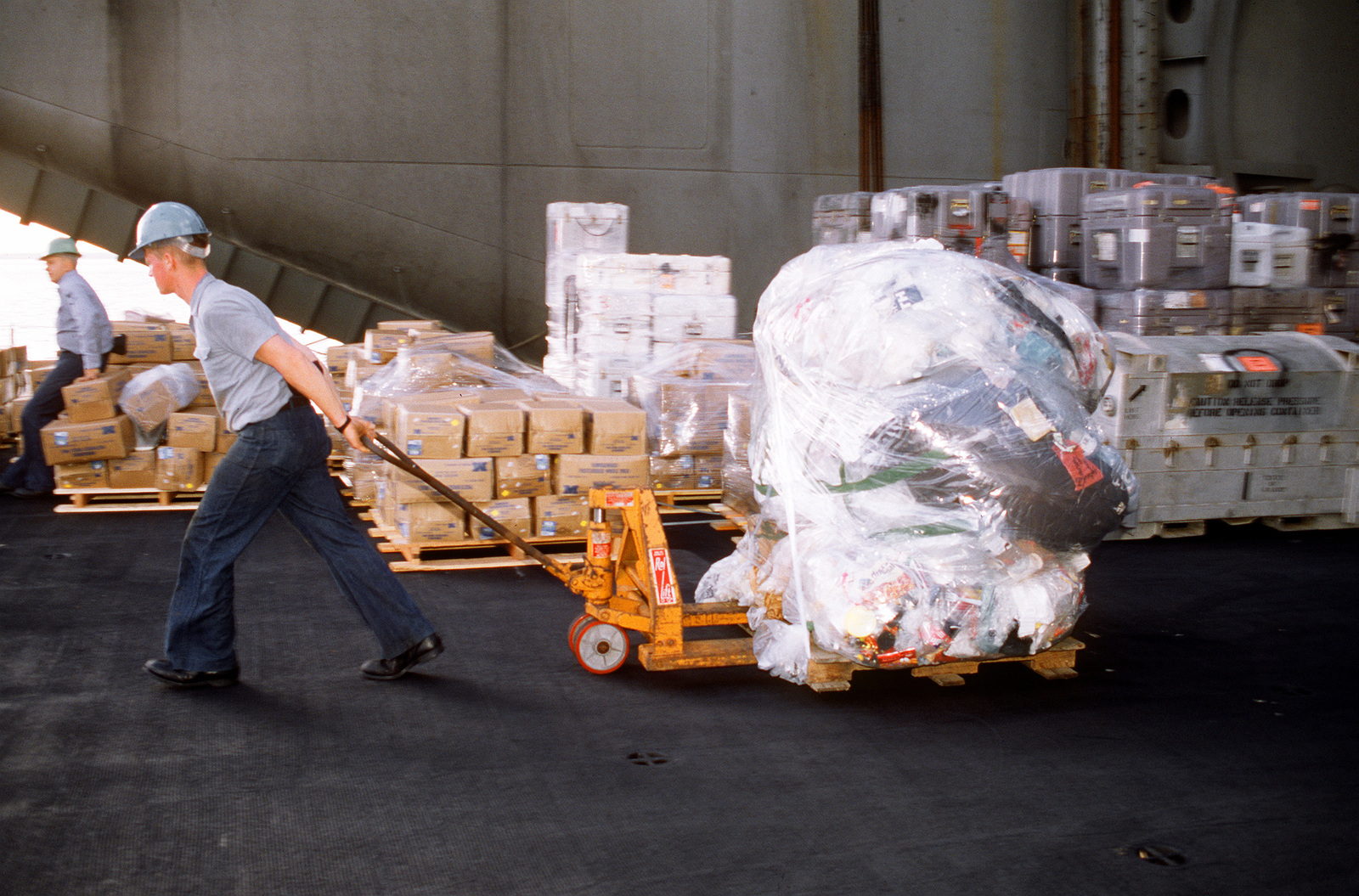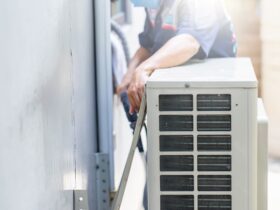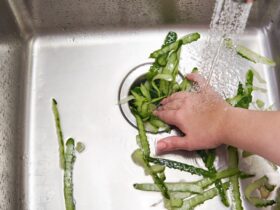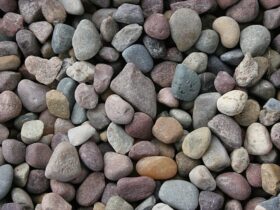When we think about health, we instantly think of a nutritious diet and fitness regimens. But being healthy isn’t limited to those things; it also extends to numerous aspects of the home. Home is where we return to blow off steam after a hard day, where we spend the majority of our time, and where we find solace. It is our haven, yet it appears that it impacts our health in ways we never expected.
Sure, we all live our lives differently, and there are many factors outside our control. However, we can establish a healthy home environment and enhance our well-being with basic modifications and lifestyle changes. Let’s take a look at these basic alterations and see how they may help us improve our lives for the better.
Maintain the Temperature
To keep our house comfortable and healthy, we must maintain the right temperature. Extreme cold can damage our immune system, resulting in colds, hyperthermia, dry skin, and other problems. Similarly, excessive heat can cause heatstroke, dehydration, cardiovascular issues, and other complications. Hence, it is advisable to adjust the house temperature using heaters throughout the winter. This keeps our bodies heated, which prevents hyperthermia and other problems.
Similarly, in the summer, establish a cool atmosphere with an air conditioning system to avoid heatstroke. Low temperatures also inhibit perspiration and, thus, dehydration.
Control House Dust
Dust particles can include everything from pesticides to lead, all of which are hazardous to our health. Pesticides and other chemicals trigger allergic reactions, whereas lead causes cancer. Dust particles can also cause a variety of respiratory and lung issues. Therefore, it is not something to be easily overlooked. It is critical to keep dust to a minimum to protect our health and that of our families. This may be accomplished in two ways: expensively and inexpensively.
Substitute wall carpets with tiles, wood, non-vinyl linoleum, cork, or anything else that does not attract dust. The cheapest option is to do a thorough cleaning and vacuum all the nooks and corners of your home. This greatly reduces dust build-up and the likelihood of health problems resulting from it.
Consider Home Testing
It is critical to have your house tested for radon and lead. Both of these are dangerous to life and should be addressed right away. While lead is toxic and may cause serious problems such as brain damage, radon is a cancer-causing element. Both are present in your home without your knowledge. The primary source of lead paints, while the primary source of radon is gas emitted when the sediments beneath our homes naturally degrade.
Request a trained specialist to test your house and take the required actions depending on the results. If lead is detected, repaint your house using environmentally friendly paint. Check the EPA’s site if radon is identified in your home.
Avoid using Teflon
Do you use Teflon-coated non-stick kitchenware? Then you should either avoid using them or use them with caution. Non-stick coatings include toxins that can enter our bodies through food cooked in non-stick cookware. When these chemicals enter our systems, they harm our health and may cause cancer.
Replace non-stick kitchen utensils with cast iron, stainless steel, enamel-coated, and other options. If you can’t replace it, adopt safe cooking techniques such as not preheating cookware, especially over a high flame. Also, avoid packaged foods and fast foods instead of preparing meals at home. This is because packaged food tins are also made of toxic chemicals.
Consume Filtered Tap Water
Because tap water is polluted with nearly 38 contaminants, drinking it without filtering is not a smart idea. Even if your local contractor filters it, there is still the possibility of accidental contamination. These pollutants have a detrimental impact on our health by interfering with internal processes. Thus, purchasing a filter and consuming filtered tap water is recommended.
Breathe Clean Air
The air we breathe is polluted with fine gritty debris, which causes lung problems. Invest in an air purifier to ensure that you are breathing clean air. It’s also a good idea to plant trees and, if you have enough room in your backyard, to grow a garden. This improves oxygen efficiency and reduces health hazards.
Declutter and Clean
Clutter makes the home arrangement uncomfortable and ruins the pleasant vibes. A dirty house, on the other hand, is a breeding ground for disease-causing parasites. Hence, by tidying your home, you can preserve it as a lovely place to take solace. Also, do not pile dishes in the sink or clothes to keep pests and foul odors at bay.
Managing a safer and healthier atmosphere may be challenging and expensive. When it comes to your and your family’s well-being, though, no stone should be left unturned.
















